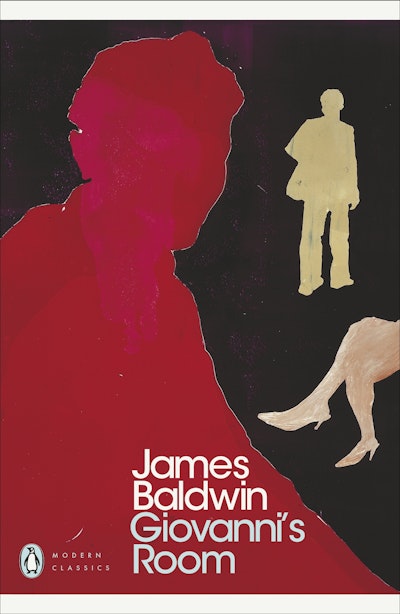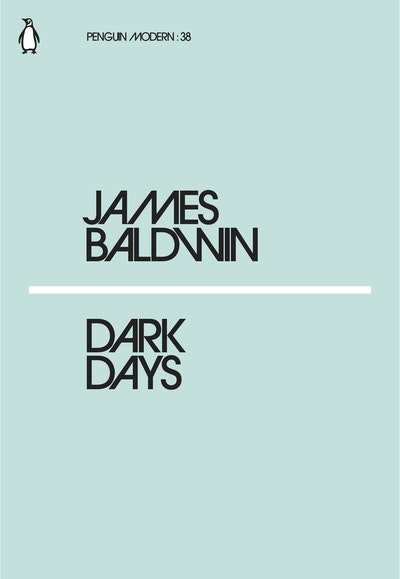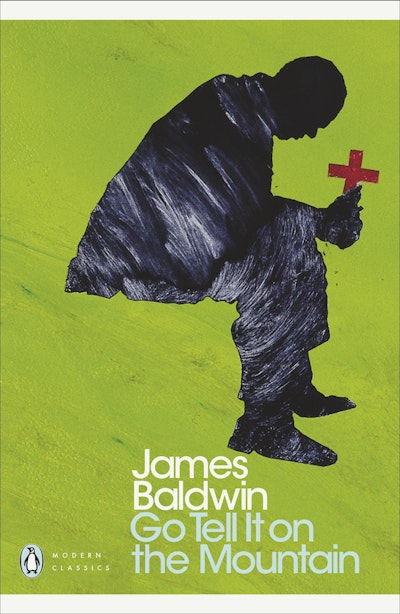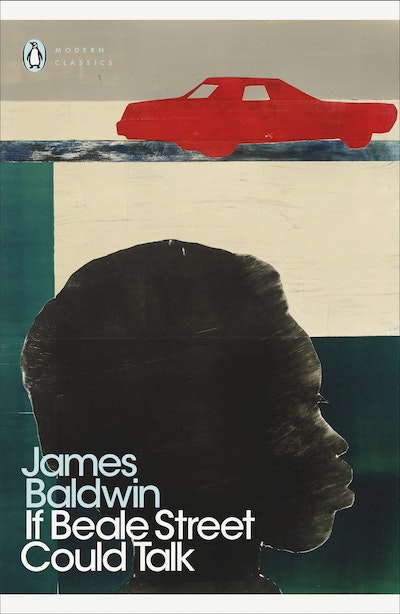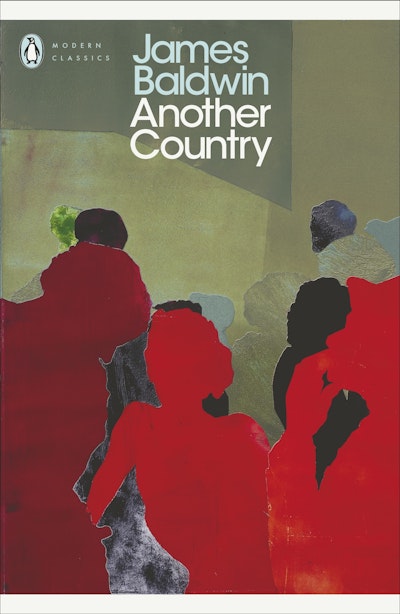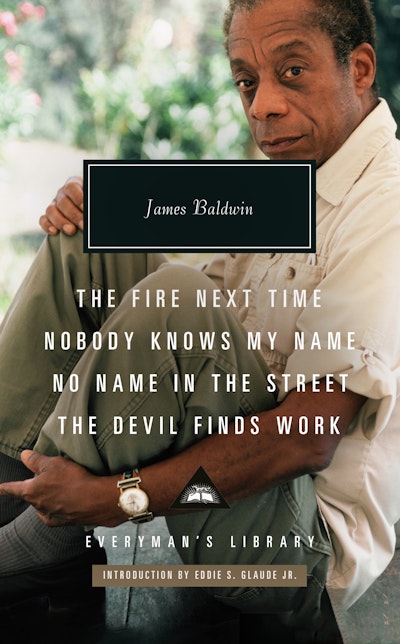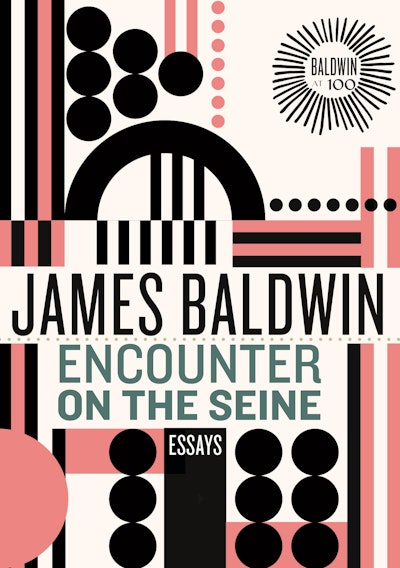Giovanni's Room
- Published: 10 December 2004
- ISBN: 9780141903989
- Imprint: Penguin eBooks
- Format: EBook
- Pages: 176
Today, when a great many arguments and complaints from the queer quarters of the political sphere have to do with what has been done to queerness by the patriarchy and by whiteness, Baldwin asks, in Giovanni’s Room, what love looks like, ultimately, when we leave all those bags at the door — and if we can. Do we know how to live in a purely queer world not defined by resistance or self-hatred?’
Hilton Als, New York Times Style Magazine
The whole novel is a kind of anatomy of shame, of its roots and the myths that perpetuate it, of the damage it can do.
Garth Greenwell, Guardian
The simple story of love is filled with ambiguity, difficulty, and paradox
Colm Tóibín, The New Yorker
A mesmerizing book
Chris Abani, NPR
It has a level of angst and heartbreak I am yet to find anywhere else
Troye Sivan, Vogue
Extraordinarily exact and complex emotional intimacy . . . At the core of the novel lies Baldwin’s recognition that with a denial of suffering and pain as a means of happiness, there can be no feeling, understanding, or real connection in life
Guardian
